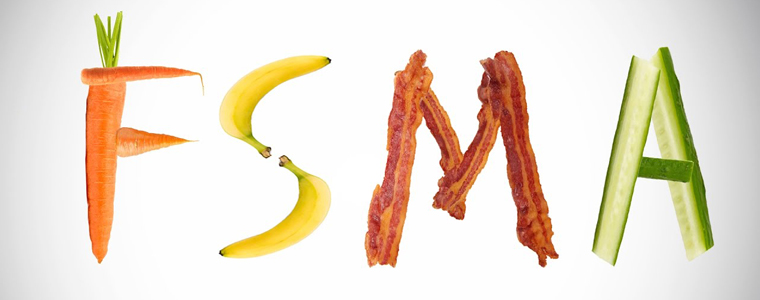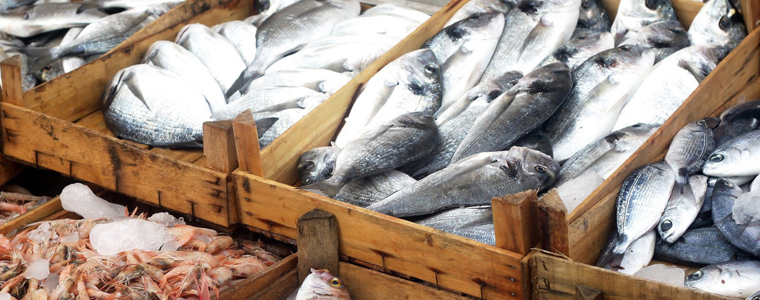In The United States, the government and the people are very concerned about product quality and food safety. Therefore, in the United States, there are many laws related to food safety and traceability such as: Health Security Law, Federal Law on Food, Pharmaceutical product and Cosmetic, Amended Law on Food Safety, Farm Bill. Here are some main points relating traceability of some laws in the United States.

Health Security Law
Health Security Law (full name is Public Health Security and Bioterrorism Preparedness and Response Act) was signed into effect on 12 June 2002, it required domestic and foreign companies which producing, processing, packaging or importing food for people in the United States and must go to the states to register with USFDA. The food supply is made up of many points along the way. Raw material producers (farmers), processors, importers, distributors, retailers, manufacturers and consumers make up the different points along the chain. About the food traceability in the supply chain, the most important aspect of the Bioterrorism Act is that each point along the chain will need to have an account to know where they get the food from and the end point. The “one step forward, one step back” method plays an important role in tracking food safety because it can assist in the quick recall of contaminated products. It can also be used as a meaningful tool in maintaining supply chains at companies.

Amended Law on Food Safety (FDA Food Safety Modernization Act, FSMA for short)
The Food Safety Modernization Act (FSMA) was signed into law by President Barack Obama on January 4, 2011, it’s focusing on increasing capacity regulations to prevent food safety issues, increasing capacity to detect and react to food safety issues, improving the quality of imported food. The new law allows FDA to prevent food which is mixed or mistakenly, including potentially hazardous foods that imported to US market.
In the most basic clauses, the government does not make definitive rules on food traceability. They have set up experimental projects related to the manufacturing industry because it is one of the high-risk industries when disposing of product and microbial recall issues. The theory is that once manufacturing process is created, almost other industries can use that as a guide to implementing their own traceability programs.

Monitoring program for importing seafood into the US (SIMP)
The SIMP is intended for certain seafood. It is clearly show requirements for traceability of seafood, including: Reporting and storage requirements, necessary records for tracing, and prevention of illegal, undeclared and non-compliance of exploitation, misrepresenting products that imported into the US market.
The data that collected and stored will allow traceability from the point of entry into the US back to the point that have been exploited or production to verify whether they have been legally harvested or produced. Importers’ records will be required to keep as archives of the chain of seafood or fishery product from the point of harvest to the entry point into the United States.




